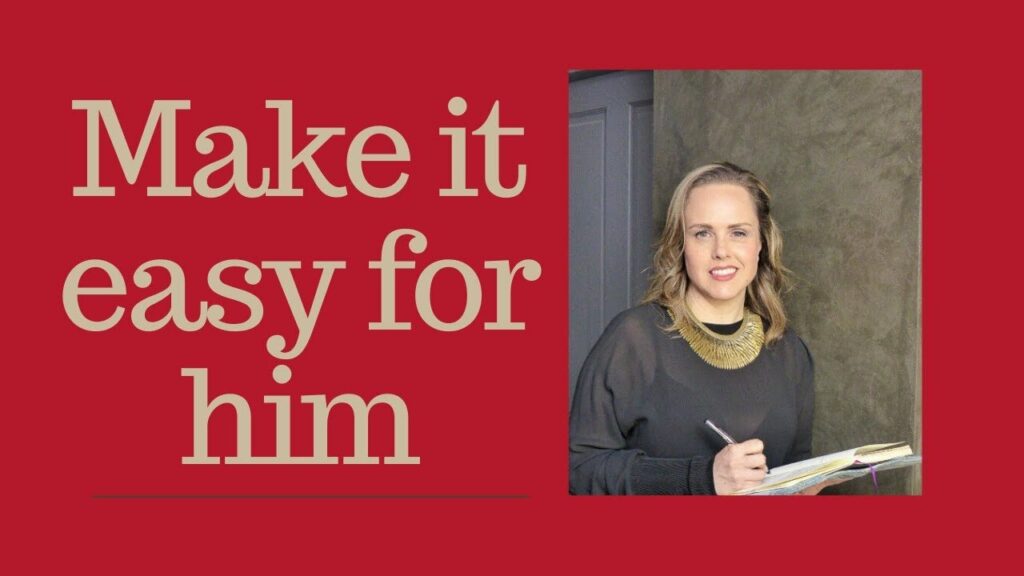I had a heart-breaking conversation with an executive coaching client, Stephanie, several weeks ago. Now a Senior Director and one of the few women in leadership at her organisation, Stephanie ‘’admitted’ to me she was planning on retiring much earlier than anticipated.
This was heart-breaking as I knew how much Stephanie loved her role. I also knew how much other more junior women, aspiring to more senior roles, valued her presence amongst the most senior team.
Common Request for Women in Leadership
Stephanie said her boss wanted her to work better with the rest of male peers.
To him this was particularly vital since they were going through organisational restructuring. This was challenging and seemed never-ending as her employer, like all others, coped with the ‘new normal’.
But as part of this ‘pep talk’ he simply told her to ‘sort it out’ with these men. This was his guidance rather than him doing more to speak up for Stephanie’s value to the wider team.
She felt she was ‘leading from the back seat’ amongst men who were not doing tasks that they had agreed to months previous.
The male colleagues referred to themselves as ‘The Boss’s Team’. This was despite the fact that she was a peer to these men.
Indeed their ‘technical genius’ would only find a home if she and her team could market and sell the product!
Her boss’s failure? Not advocating for her amongst these colleagues or reminding them they were ALL his team.
This advocacy for women in male-dominated fields is so important. Indeed, like the books I wrote before it’s something I discuss in my latest book; ‘The Con Job: Getting Ahead for Competence in a World Obsessed with Confidence.’
Career Transition Earlier than She Wanted
Amidst this frustration, and the loss that the organisation was going to endure when she left, Stephanie remarked that the coaching had resulted in her staying a full 18 months longer than she would have done without it.
Her employer was not aware of this unintended benefit to the organisation. Stephanie added that, in the end, the coaching had facilitated her thought process. That made her difficult decision that much easier.
Stephanie felt better equipped to ‘question the egos’ and took their in-fighting less seriously. However, with this new clarity, she still felt she had to leave. She explained: ‘I can’t not care’ about seeing their juvenile behaviour negatively impacting progress for the entire company.
As you likely know, things have certainly felt tough since DEI has turned into a four letter word amongst many, but her existence at such a lofty role was powerful as well as an inspiration for others.
Questions if you are in a Toxic Workplace:
Are you or have you ever been in Stephanie’s situation? If so, ask yourself:
What is putting up with this costing me?
What would leaving enable?
What can I do to ensure my departure goes smoothly?
The answer to that last question for Stephanie was why she told her boss and me as her coach a full year ahead of leaving – quite remarkable in the circumstances.
Her new task? To set up the team well in an ever changing environment.
If you’d like to enjoy the peace of mind that my executive coaching clients enjoy, get in touch with me at for a free 45 minute discussion where we can discuss what you’d like to achieve.


